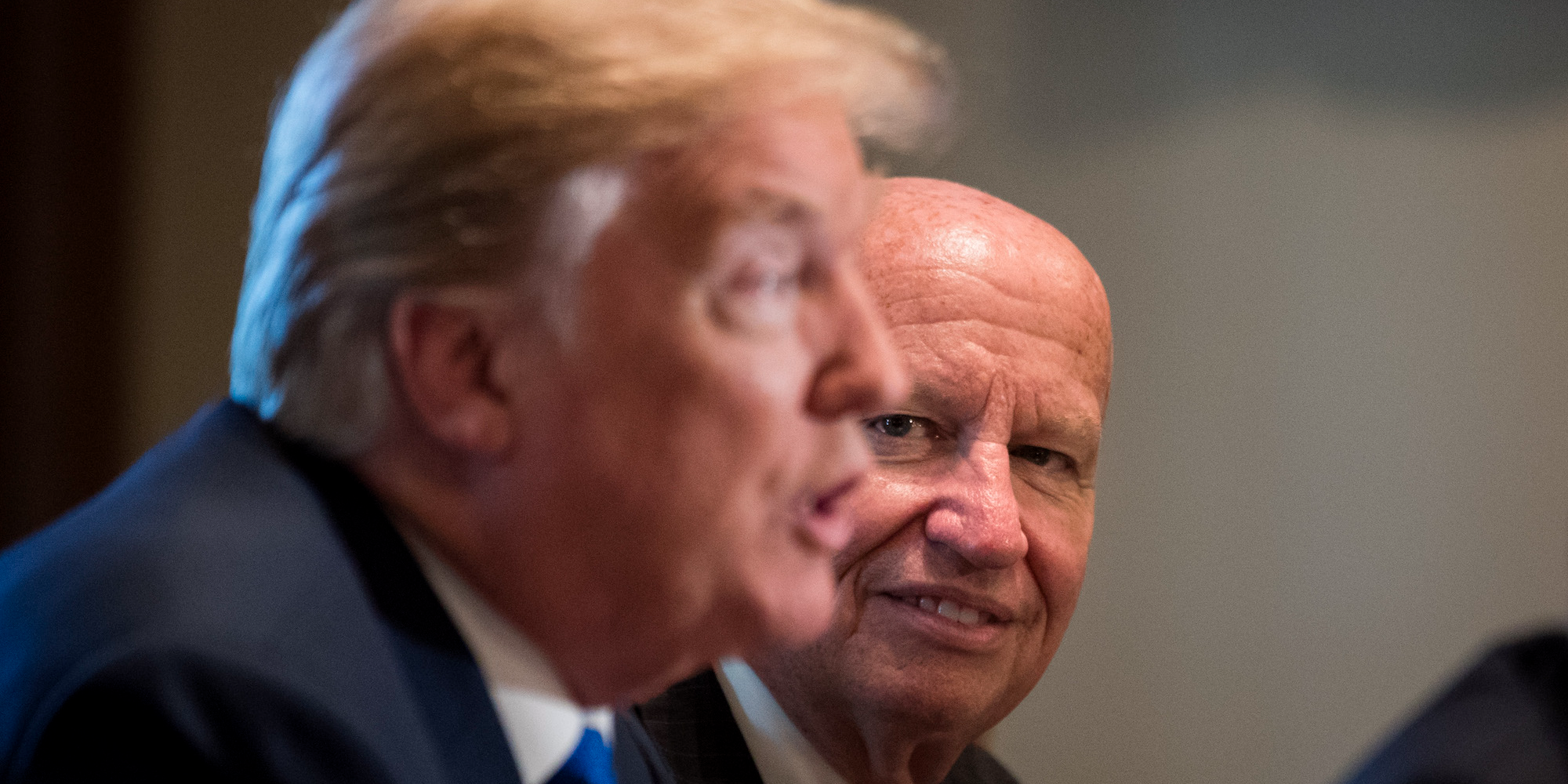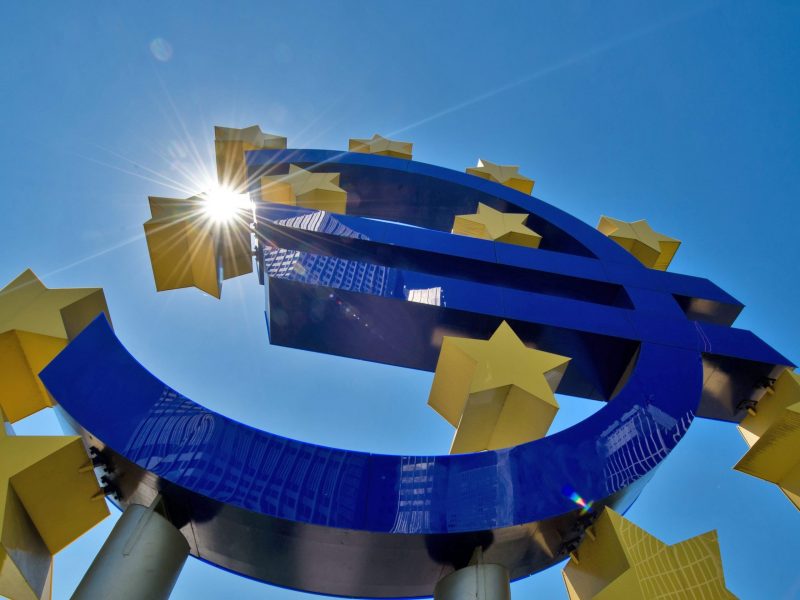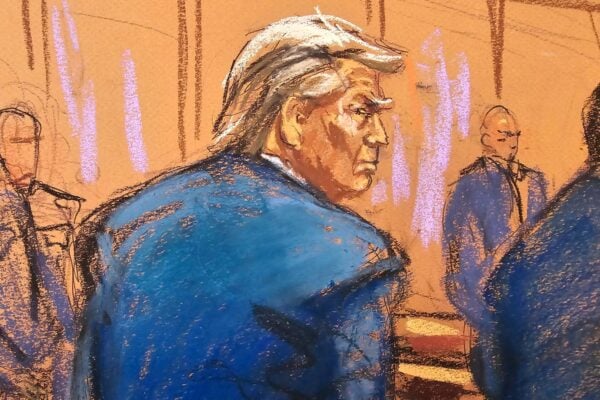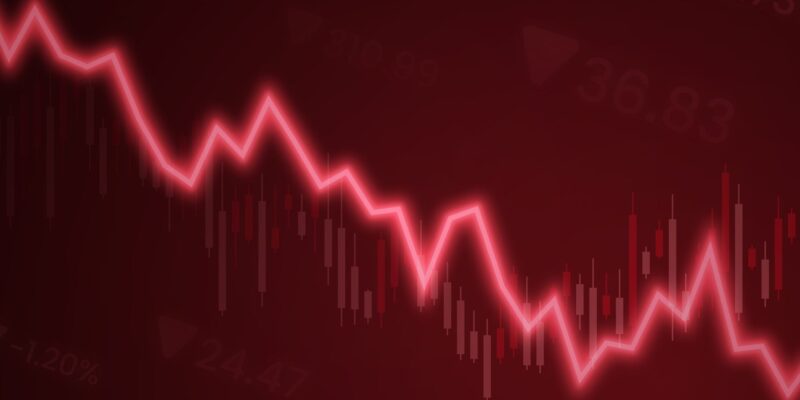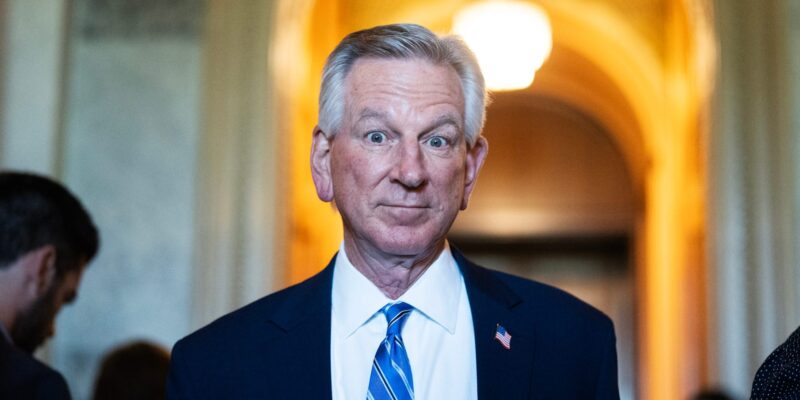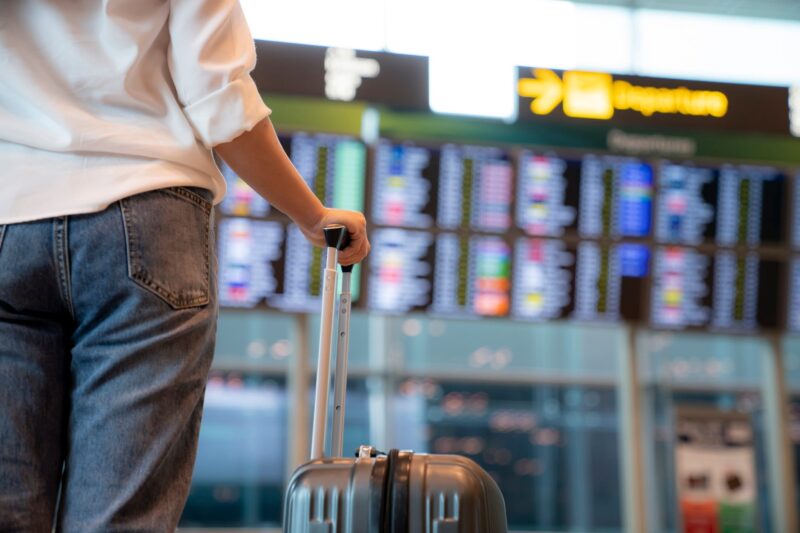- Republican Rep. Kevin Brady unveiled a bill that would offer a $1,200 cash bonus for Americans going back to work.
- It would be equivalent to collecting two weeks of ramped-up unemployment payments currently in place.
- Still, some experts say they are wary about a policy that could leave out essential workers who stayed at their positions at great personal risk for low wages.
- Visit Business Insider’s homepage for more stories.
Republican Rep. Kevin Brady introduced legislation to get Americans back to work with a $1,200 hiring bonus.
Under the proposal, workers would be eligible to get the cash, which is equivalent to an unemployed person collecting two weeks of ramped-up unemployment benefits. The $600 federal boost in payments is set to expire on July 31.
Brady, the top Republican on the powerful House Ways and Means Committee, said the plan represented an “important part in preventing a prolonged recession.”
“For us to rebuild our economy, we must make sure Americans can get back to work in a safe, healthy environment,” Brady said in a press release. “Through a Return To Work Bonus – which would allow workers to keep up to two weeks of unemployment benefits if they accept a job offer – we can make sure these temporary job losses don’t turn into permanent ones.”
Congress has recently started debating the idea of paying Americans who go to work, The Washington Post reported. The plan is gaining traction among Republicans. They argue the $600 boost in weekly unemployment benefits disincentivizes workers from going back to their old positions or seeking out new ones.
The Trump administration says it's considering offering extra money for people heading back to work, though no specific figures have been offered. Another bill from GOP Senator Rob Portman of Ohio would put the bonus at $450 per week.
Democrats, however, want to extend the beefed-up unemployment payments through January, a measure that Republicans fiercely oppose. That's setting the stage for a clash regarding the unemployment payments tiding over millions of Americans and shoring up their finances.
But some experts are skeptical of implementing a hiring bonus during the coronavirus pandemic.
"This is a public health crisis," Olugbenga Ajilore, senior economist at the Center for American Progress, a liberal think tank, told Business Insider. "People are not staying home and not going to work because they are lazy bums."
"Twelve hundred dollars doesn't mean anything if you're putting your life and health at risk," Ajilore said.
He said the policy would lock out essential workers - such as grocery store workers, warehouse employees, and bus drivers, among others - from receiving the payment since many remained at their positions and kept American society running through the pandemic, often for low wages and at great personal risk.
"You're going to have a set of workers who stayed home and now they're going to work and they're going to get $1,200," he said. "And all these people who put their lives on the line to work, what happens to them?"
Democrats passed a sweeping plan for $3 trillion in emergency relief spending to mitigate the economic fallout and combat the pandemic, though Republicans refuse to take it up. Its provisions include a $200 billion fund to provide "hazard pay" for front-line workers and essential employees, and allow them to get as much as $25,000 through 2020.
Over 40 million Americans have filed for unemployment so far during the pandemic, a figure equivalent to the population of California. The jobless rate surged to nearly 15% in April.
There's little prospect of a quick economic recovery, economists say. The nonpartisan Congressional Budget Office projects the unemployment rate will hover around 10% for much of 2021.

